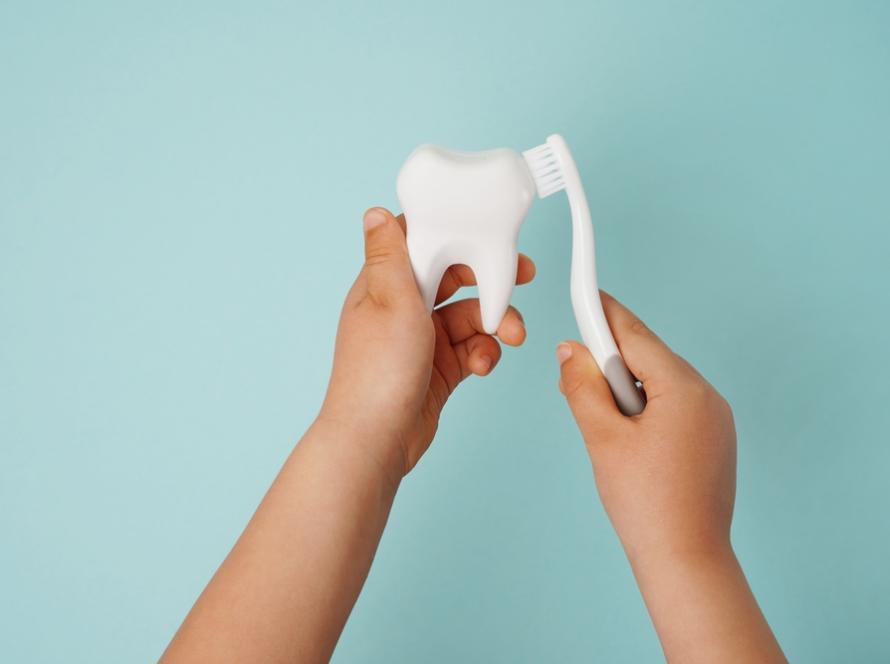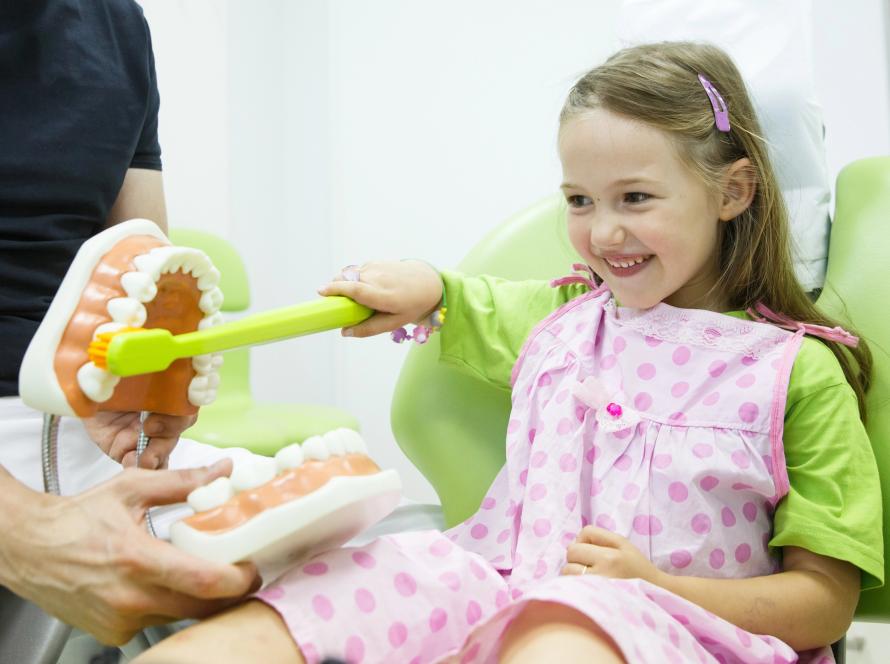Toothbrushing time with toddlers can feel like a standoff. What starts as a simple request often spirals into tears, resistance, or flat-out refusal. For many parents, this is one of the earliest power struggles in the daily routine—and one of the most frustrating. But the stakes are high. Early habits shape a child’s lifelong approach to oral health, and without consistent care, dental issues can start sooner than most parents expect.
To support families navigating this challenge, Woodlawn Kids Dental is sharing fresh, creative insights on making oral care at home less stressful—and more successful. Their team weighs in with insight and unique approaches for each of the most common hurdles families face with toddler oral hygiene. (Source: Parents Canada, My toddlers won’t brush their teeth, Erin Dym, February 24, 2024, https://parentscanada.com/toddler/toddler-health/my-toddler-wont-brush-his-teeth/ ).
The Hidden Power of Fluoridated Water
Many families wonder if they’re doing enough when their toddler refuses to brush. What some may not realize is that if their water is fluoridated, it’s already playing a quiet but powerful role in protecting those baby teeth.
Woodlawn Kids Dental highlights, “Fluoride in tap water acts like a security blanket for enamel—it strengthens teeth from the inside out. While it doesn’t replace brushing, it buys parents some breathing room. If brushing is a battle, know that consistent rinsing—even with water—still supports cavity prevention. Fluoride lays the foundation while you focus on slowly building cooperation at home.”
When Brushing Feels Like a Game, It Wins
Toddlers don’t respond well to demands—but they do respond to fun. Making brushing playful isn’t a trick—it’s a strategy grounded in how kids engage and learn.
Woodlawn Kids Dental comments, “Fun isn’t optional—it’s the main ingredient. Turn brushing into a rescue mission: save the tooth superheroes from sugar invaders. Create a sticker chart with silly milestones or let them ‘teach’ a stuffed animal how to brush. Kids don’t care about plaque—but they’ll show up every time for a good story or a mini challenge. Oral care becomes less about compliance and more about curiosity.”
Why Parents Should Be Cautious About Sharing Bacteria
Few parents know that cavity-causing bacteria can be passed between family members through everyday habits—like sharing utensils or cleaning pacifiers with their own mouths.
Woodlawn Kids Dental explains, “It’s not just sugar that creates cavities—it’s bacteria. And those bacteria often come from us. Treating your child’s mouth with the same hygiene you’d use for your own helps set the tone. Wipe gums after milk, brush even those first tiny teeth, and avoid sharing saliva. You’re not just preventing cavities—you’re modeling that mouths matter, even before the first official kids dental checkup.”
Reducing Cavities Takes Creative Consistency
The standard advice—limit sugary snacks, brush twice a day, and visit a children’s dentist regularly—is sound. But for many families, those basics don’t feel realistic when brushing is a twice-daily battle.
Woodlawn Kids Dental mentions, “One overlooked tactic? Break the mold. If your toddler resists the bathroom, try brushing in front of a mirror in the living room. Some families find success brushing in the high chair during snack cleanup or in the stroller during a morning walk. We’ve even seen kids who’ll brush alongside a favorite cartoon character or during story time. The key is flexibility: stop waiting for the perfect moment. Let brushing fit your real-life rhythm.”
Fighting Resistance with Autonomy
A toddler’s refusal to brush isn’t always about the brush—it’s about control. The more they feel forced, the harder they push back.
Woodlawn Kids Dental shares, “Give them ownership. Let them choose between two toothbrushes. Allow them to brush your teeth first. Use a sand timer and let them flip it. These small moments of choice shift the dynamic. When toddlers feel like active participants instead of passive subjects, they’re more likely to engage. The goal isn’t perfection—it’s participation.”
Reframing the End Goal
Brushing struggles can leave parents feeling defeated or guilty, especially when nothing seems to work. But daily success isn’t about getting it right every time—it’s about building a culture where oral care is normalized.
Woodlawn Kids Dental expresses, “Healthy smiles start with habits, not heroics. Even if brushing is a mess one day, showing up again the next matters. Your toddler is watching more than you think—they’re learning that brushing happens, no matter what. That consistency, over time, is what sticks. Focus less on the struggle and more on the structure. Celebrate effort, not just results.”
Patience, Play, and Progress
Getting toddlers on board with oral care takes time, patience, and a whole lot of flexibility. But the earlier the habit forms, the easier it becomes. With creative strategies, playful framing, and steady consistency, parents can reduce stress—and cavities—without turning brushing time into a battleground.
The first few years of oral hygiene may be chaotic, but they’re also a golden window for creating healthy routines. A well-timed kids dental checkup and the support of a trusted children’s dentist can reinforce those efforts and help shape a positive attitude toward lifelong oral health.


